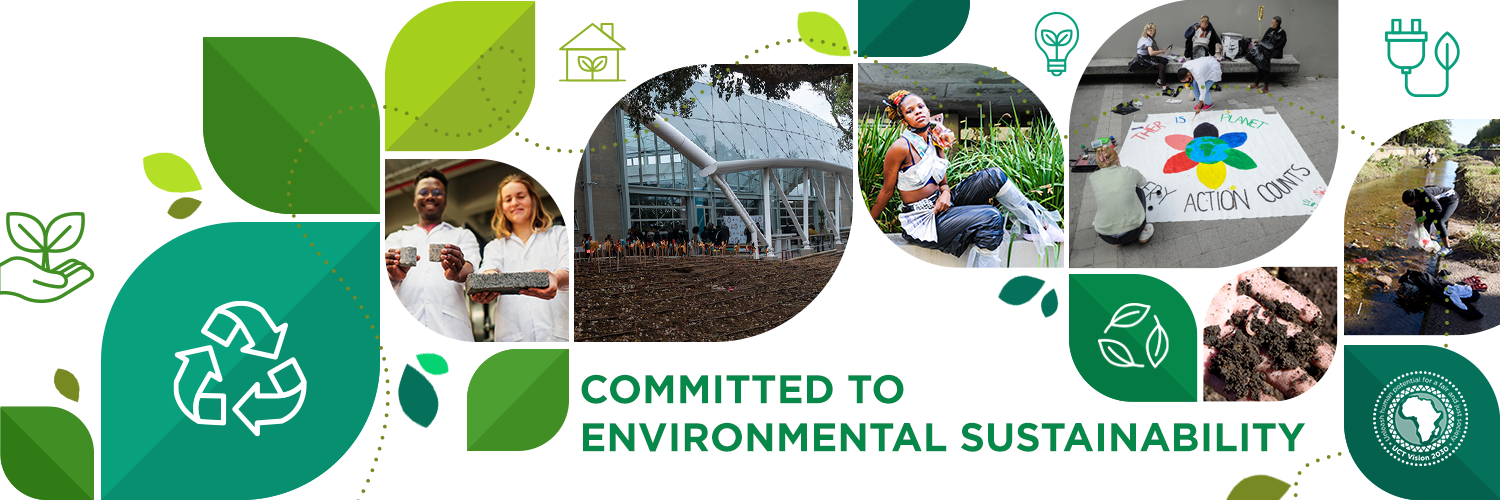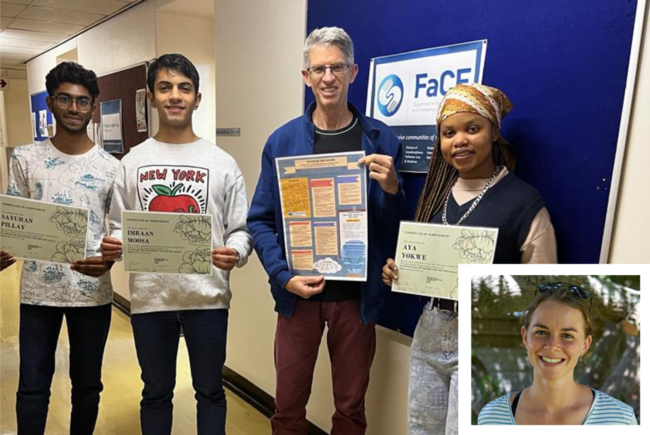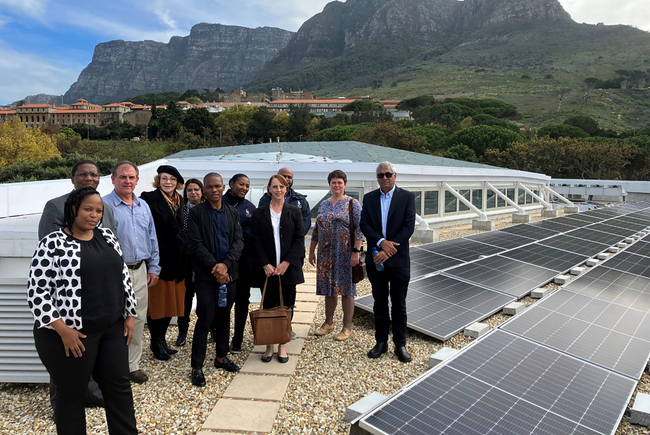Environmental sustainability on the mind as all-women voyage sails to Antarctica
27 October 2023 | Story Kamva Somdyala. Photo iStock. Read time 6 min.
A group of 188 women from across the globe will take an odyssey to Antarctica in November to promote the long-term sustainability of the planet as part of a science, technology, engineering, mathematics, and medicine (STEMM) initiative.
The women hail from 25 countries and will depart in two groups, and the University of Cape Town’s (UCT) director of the African Climate and Development Initiative (ACDI), Professor
Gina Ziervogel, will also be setting sail.
Her interest in the mission comes from completing her PhD in geography. She explained that her study looked at small-scale farmers in Lesotho and how they use climate forecasts, then worked in urban areas with people and how they adapt to climate impacts.
“I work on climate change too and, essentially, we are looking at how to reduce climate impact on people and environments. The opportunity to have a personal experience and reflect on my leadership and how I can contribute to sustainability is important,” Professor Ziervogel said.
She was speaking at a virtual send-off hosted by Homeward Bound, the global leadership initiative leading the voyage. She was joined on the panel by Moreangels Mbizah, the founder and executive director of Wildlife Conservation Action in Zimbabwe; Nirvani Dhevcharran, the chief technology officer for platforms and operations at The Foschini Group; and Philista Malaki, a research scientist at the National Museums of Kenya.
For Dhevcharran, there is a lot to look forward to. “We’ve done a lot around sustainability, around our environment within the IT field, but there hasn’t been much done beyond themes of e-waste. There’s more that goes into it and being part of this programme has widened the view for me.”
“I’m looking forward to seeing what this landscape has to offer to me and what I can offer.”
“I truly want to come back and make a difference in enhancing leadership values in the STEMM field – be it visibility or exposing young girls to STEMM programmes and driving the sustainability agenda in IT. It’s going to be an emotional one and going there will need to ensure we don’t leave any part of ourselves there when we leave,” she said.
Malaki focuses on dry land ecosystems. She’s eager to take this trip. “This network of women allows for much more avenues of collaboration and conversation. I am looking forward to being in the wilderness because I love nature. I’m looking forward to seeing what this landscape has to offer to me and what I can offer.” A big part of the work she does involves looking at biodiversity conservation of ecosystems and how local communities can enhance their resilience to cope with effects of climate change.
Mbizah’s work is in wildlife conservation in local communities. Her work is in trying to find solutions for human–wildlife conflict. “This voyage will help me learn more about the impacts of climate change and learn from my sisters on how to better mitigate the effects of climate change on communities that are living in areas adversely affected by climate change,” Mbizah said.
“I am looking forward to taking time to reflect and disengage from busyness of life and have moments to reflect on leadership and the future.”
Visceral experience
Ziervogel concluded: “I am looking forward to the wide-open spaces, the colours, the iceberg, the penguins and to step onto the Antarctic peninsula. There’s something evocative about Antarctica for many of us. It’s also going to be a visceral experience because of the state of the planet. I’m going to come back inspired.”
The first voyage (The Ushuaia) embarks on 3 November from Ushuaia, Argentina, and the second (The Island Sky) embarks on 12 November from Puerto Madryn, also in Argentina.
 This work is licensed under a Creative Commons Attribution-NoDerivatives 4.0 International License.
This work is licensed under a Creative Commons Attribution-NoDerivatives 4.0 International License.
Please view the republishing articles page for more information.

Committed to Environmental Sustainability
The University of Cape Town’s (UCT) Vision 2030 strategy’s goal is to unleash human potential in pursuing a just and equitable society. This vision rests on three fundamental pillars: sustainability, excellence, and transformation. In line with this strategy, the university has developed different initiatives, including a sustainability strategy, to provide direction for UCT’s environmental sustainability. This strengthens the university’s ambitions of being a net-zero carbon/energy, water, and waste-to-landfill campus by or before 2050.
UCT Sustainability and the SDGs 2022
UCT is committed to addressing the most critical problems facing the continent and the rest of the world. This report tracks the progress UCT is making towards the United Nation’s Sustainable Development Goals and the African Union Agenda 2063.
Download the PDF version | Read the full report:

The University of Cape Town’s (UCT) Faculty of Health Sciences (FHS) took part in their first scorecard for the Planetary Health Report Card (PHRC), a global student-led initiative to promote education about planetary health and environmentally sustainable healthcare in health science campuses
31 May 2023 - 4 min read
“We learnt some valuable lessons during [COVID-19] lockdown that we will take into the future, many of them contributing to more efficient and environmentally sustainable digital methods for doing certain things.”
– Manfred Braune, the director for environmental sustainability at UCT





























